Current Team Members
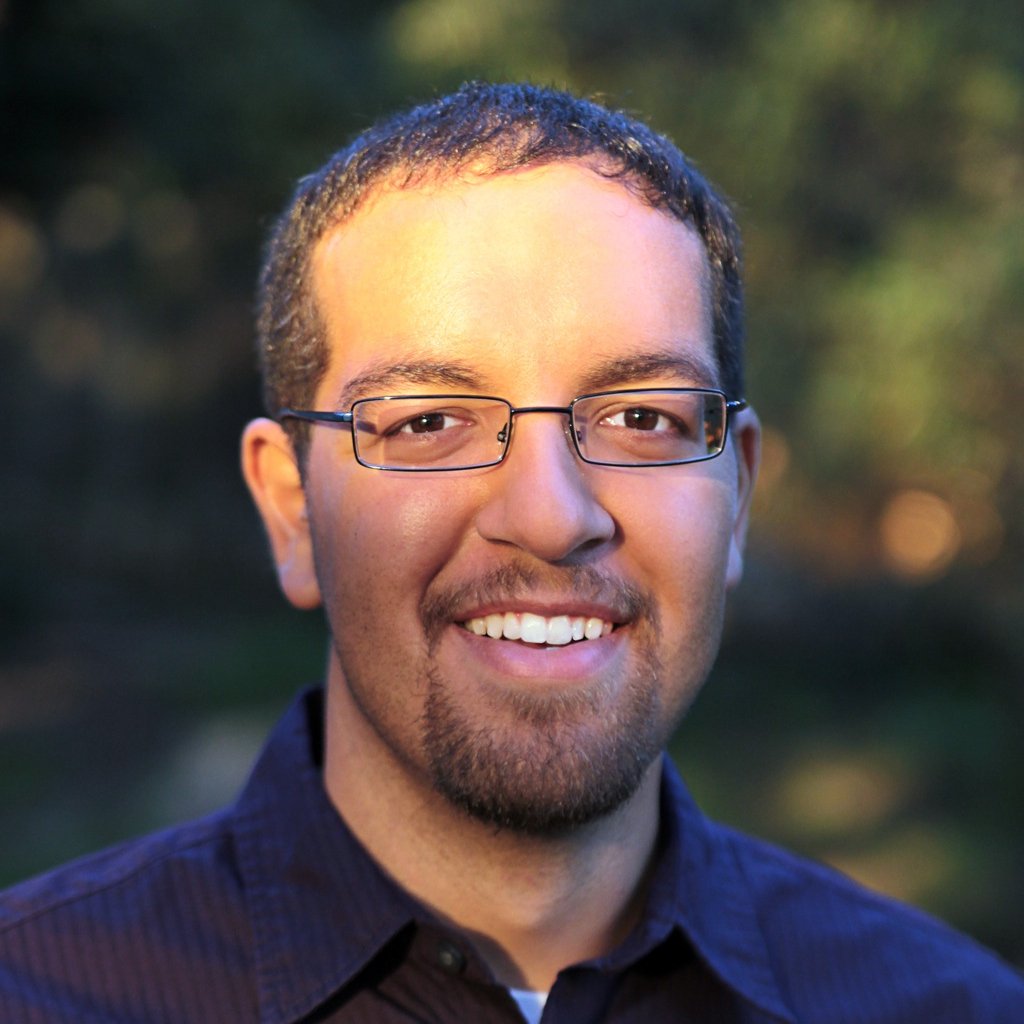
Joel C. Corbo
Senior Research Associate Center for STEM Learning University of Colorado Boulder
he/him/his


Joel is a senior research associate in the Center for STEM Learning at the University of Colorado Boulder. His work focuses on implementing and studying institutional change mechanisms to improve undergraduate education in university departments and on supporting student-centered efforts to make physics culture more equitable and inclusive. As a graduate student, he co-founded and co-led the Berkeley Compass Project, a student-run organization dedicated to supporting underrepresented students in physics through building community and engaging in authentic science. He co-leads the Access Network, a national network of student-centered equity programs inspired by Compass.
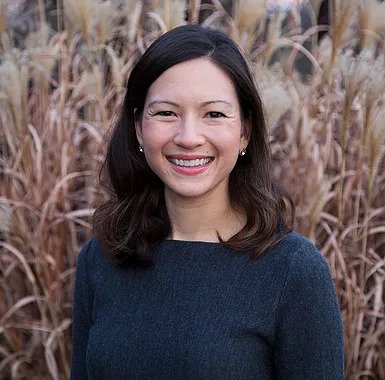
Courtney Ngai
Research Scientist The Institute for Learning and Teaching Colorado State University
she/her/hers


Courtney is a Research Scientist within The Institute for Learning and Teaching (TILT) at Colorado State University and a consultant for Empowered Consulting. Her current work focuses on enacting and sustaining organizational change in higher education. Courtney has facilitated seven teams working to improve their undergraduate programs and has developed and led several workshops on using the DAT Model for change. As a consultant, she supports projects with her background in chemistry, organizational change, and education research.
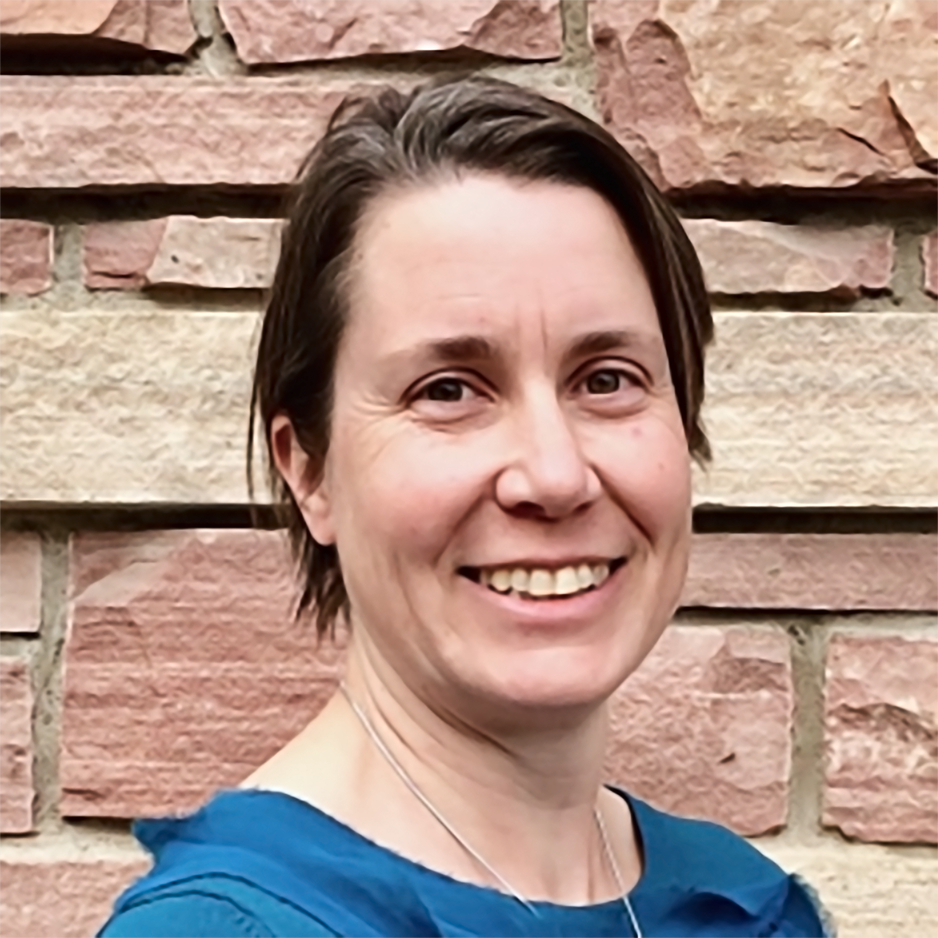
Sarah B. Wise
Research Associate Center for STEM Learning University of Colorado Boulder
she/her/hers

Sarah Wise is a Research Associate at U. of Colorado at Boulder and has facilitated seven DATs. In her prior positions on campus, Sarah conducted educational research for ASSETT, worked with faculty to transform courses with the Science Education Initiative, surveyed teachers to understand how they engage students in learning about climate change and evolution with CIRES Education and Outreach, and earned a PhD in Evolutionary Developmental Biology in the EBIO Department.
Past Team Members
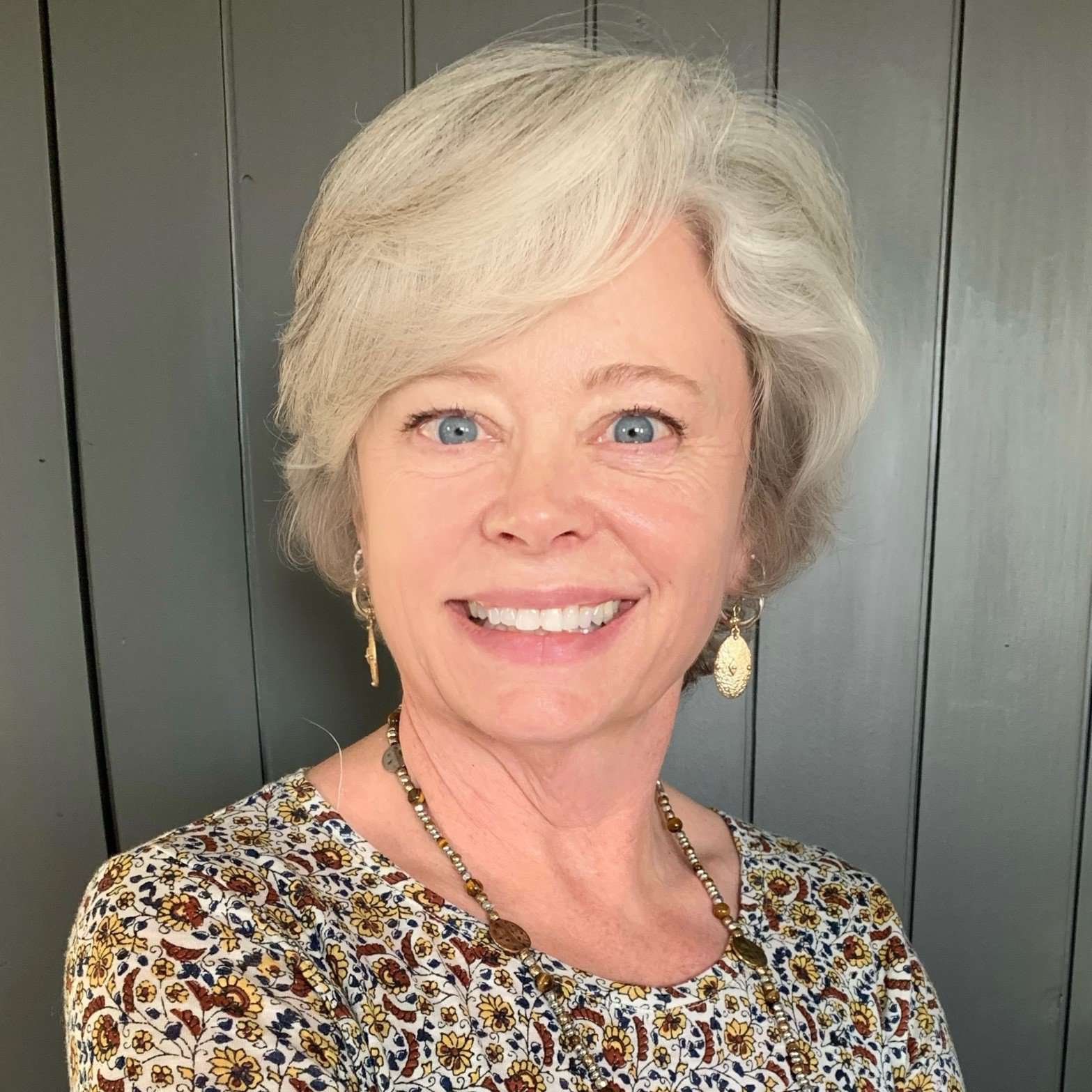
Karen Falkenberg
Director of Curriculum and Instruction The Institute for Learning and Teaching Colorado State University

Karen Falkenberg is a Team Development Specialist and the Director of Teaching Excellence for the Instructional Innovation & Engagement team in The Institute for Teaching and Learning (TILT). As a member of TILT’s Senior Leadership team, she leads a group of instructional designers, educational researchers, and program directors at Colorado State University. The team she leads developed the Teaching Effectiveness Framework, a conceptual framework and set of tools focusing on best practices in teaching. Her team develops online courses, designs and provides professional development to faculty and graduate students, consults with faculty on a wide range of pedagogical, technological, and curricular enhancements, and supports individuals’ and groups’ work on culture, diversity and group process skills. The educational researchers engage in inquiry related to Departmental Action Teams, adaptive technologies in the classroom, and the use of Learning Assistants. Karen has over 40 years of experience in STEM and education beginning with her work as a research chemical engineer. Her education research has focused on educators’ creativity and innovation and on students’ self-efficacy, sense of belonging, and cultural competencies. Karen has numerous accomplishments that include a patent for solar cell technology, acting as a contributing author to numerous journal articles and as an author for the National Academy of Engineering’s publication Technically Speaking: Why all Americans need to know more about technology (2002). She was the Undergraduate Education Director for the Center for Behavioral Neuroscience in Atlanta; was a faculty member in the Division of Educational Studies at Emory University; was the designer, leader, and director of Challenge & Champions, one of the top 5 middle-school programs in the US; is a nationally recognized leadership coach; and acted as a consultant to His Holiness the Dalai Lama to infuse STEM into the traditional Buddhist curriculum. Karen taught over 1000 practicing and pre-service teachers and has individually coached or mentored over 150 emerging leaders.
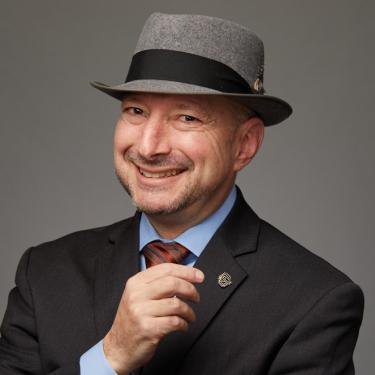
Noah Finkelstein is a Professor of Physics at the University of Colorado Boulder and conducts research in physics education, specifically studying the conditions that support students' interests and abilities in physics - developing models of context. In parallel, he conducts research on how educational transformations get taken up, spread, and sustained. He is a PI in the Physics Education Research (PER) group and a co-director of CU's Center for STEM Learning. He co-directs the national Network of STEM Education Centers, is building the STEM DBER-Alliance, and coalitions advancing undergraduate education transformation. He is involved in education policy serving on many national boards, sits on a National Academies' roundtable, is a Trustee of the Higher Learning Commission, is a Fellow of the American Physical Society, and a Presidential Teaching Scholar and the inaugural Timmerhaus Teaching Ambassador for the University of Colorado system.
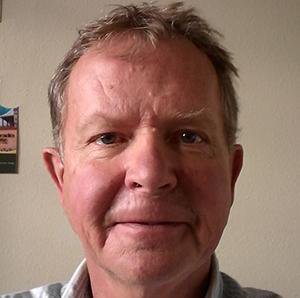
Chris Geanious
Instructional Designer The Institute for Learning and Teaching Colorado State University
he/him/his
Chris Geanious has worked with TILT at CSU as an Instructional Designer since January 2012. Most of this time has been spent working with faculty redesigning or enhancing face-to-face courses. In addition to this work, Chris is involved with the integration of 3D printing technologies into courses as well as in the development and integration of mobile apps for academic use. Chris has been supporting faculty and students in higher education for over 20 years. His MEd course work was focused in Curriculum and Instruction and he also worked on a NSF funded project involving developing Environmental Science curriculum in a simulation environment. Chris's areas of expertise include instructional design, multi-media production, advanced instructional technology, online learning and active learning strategies. Chris has worked with the DAT project for the last two years and has co-facilitated departmental teams across the CSU campus. Most recently, Chris is Co-PI on a USDA grant with CSU Design and Merchandising department working on the implementation of 3D design pedagogies into their undergraduate curriculum.
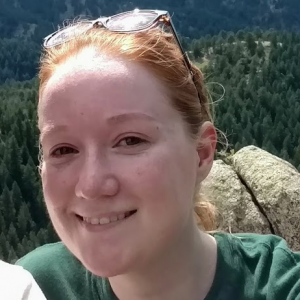
Alanna Pawlak is a Research Associate in the Center for STEM Learning at the University of Colorado Boulder, where she has supported departmental change through her work on the Departmental Action Team Project and the Teaching Quality Framework Initiative. Alanna’s background is in physics education research, and she received her Ph.D. in physics from Michigan State University in 2018. Her research focuses on collaborative learning environments in introductory physics, studying areas such as student reasoning, student interactions, and undergraduate learning assistants' approaches to teaching in these environments.
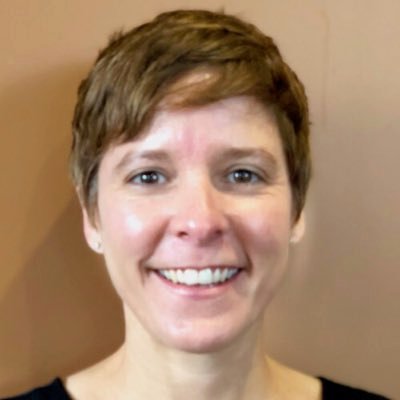
Mary E. Pilgrim has a PhD in Mathematics Education. She is an Assistant Professor in the Mathematics and Statistics Department at San Diego State University and is the Director of the Mathematics and Statistics Learning Center. In these roles, Dr. Pilgrim oversees the professional development programs of both Graduate Teaching Assistants as well as undergraduate tutors. Her expertise is in pedagogy and curriculum development at the undergraduate level, with efforts focused on implementing active, student-centered strategies in the mathematics classroom. Her research and scholarly activities connect the use of evidence-based practices to the professional development of graduate student instructors, with a focus on change and sustainability. Dr Pilgrim is also an active member of the Mathematical Association of America and serves on the MAA Committee on the Teaching of Undergraduate Mathematics.
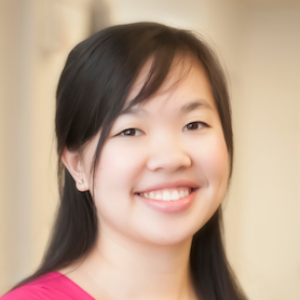
Gina graduated in 2017 from the University of Maryland, College Park in physics. Her interests include understanding community and identity formation, cultivating reflective communities that holistically support members, and understanding institutional change. Gina is a former DAT facilitator and continues to conduct research on how the DAT model can facilitate departmental changes. She is also a founding member of the Access Network, a research-practice community dedicated to fostering supportive communities in undergraduate physics departments.
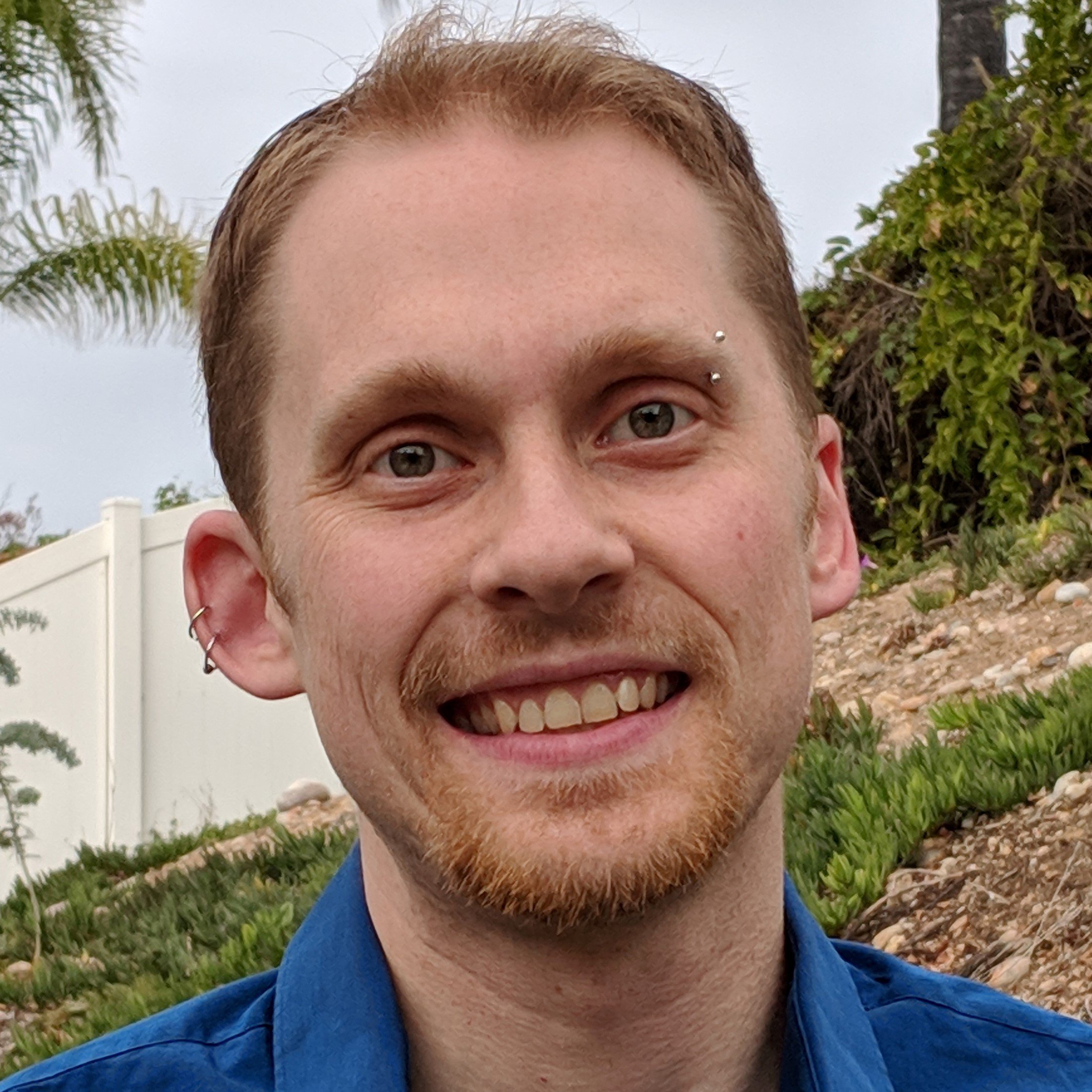
Daniel L. Reinholz
Assistant Professor Mathematics and Statistics San Diego State University
he/him/his; they/them/theirs

Dr. Reinholz is an Assistant Professor in the Department of Mathematics and Statistics at San Diego State University. His research focuses on designing tools to mitigate systemic oppression in STEM fields. He is a co-developer of the EQUIP observation tool (https://www.equip.ninja), which is a free, open source tool for tracking patterns of classroom participation based on social marker identities (e.g., race, gender). EQUIP generates actionable data that can be used to support instructors to reflect on inequities in their classrooms and promote racial and gender justice in STEM. Beyond the classroom, Dr. Reinholz studies how cultural and structural features of higher education can support and inhibit meaningful transformation. He is a working group leader in the Accelerating Systemic Change Network (https://ascnhighered.org/index.html), which aims to catalyze widespread change in STEM higher education.
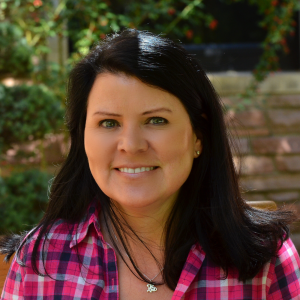
Clara Smith
Diversity & Inclusion Training & Development Specialist Organization and Employee Development University of Colorado Boulder
she/her/hers
Clara Smith graduated from the University of Colorado Boulder with a Ph.D. in Educational Equity and Cultural Diversity. As the Diversity & Inclusion Training & Development Specialist at CU Boulder, Clara designs and implements employee development opportunities in support of operationalizing the university’s commitment to diversity and inclusive excellence. Her dissertation research focused on the underrepresentation of gifted students who are bilingual in gifted programs. Clara is an Adjunct Professor for the School of Education at CU Boulder, and serves as the Area 9 representative for Staff Council.
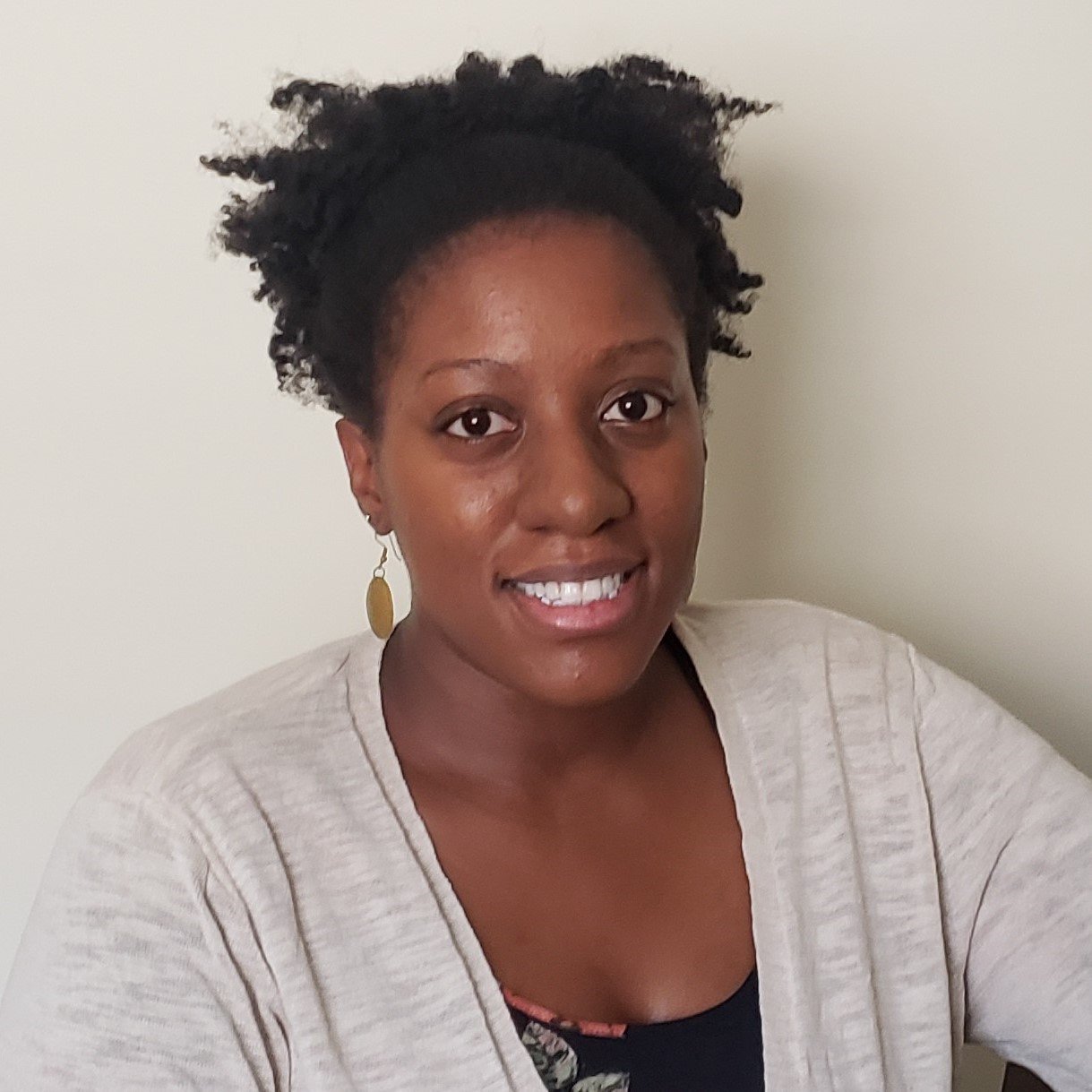
Amelia Stone-Johnstone
Research Assistant Center for Research in Mathematics and Science Education San Diego State University
she/her/hers

Amelia is a Doctoral Candidate in the Mathematics and Science Education Joint Doctoral program between San Diego State University and University of California, San Diego. Her work focuses on institutional change and professional development towards fostering equitable and inclusive classrooms. In her dissertation, she investigates the effect of institutional structures and classroom-based academic support mechanisms on student success and interest in STEM.

